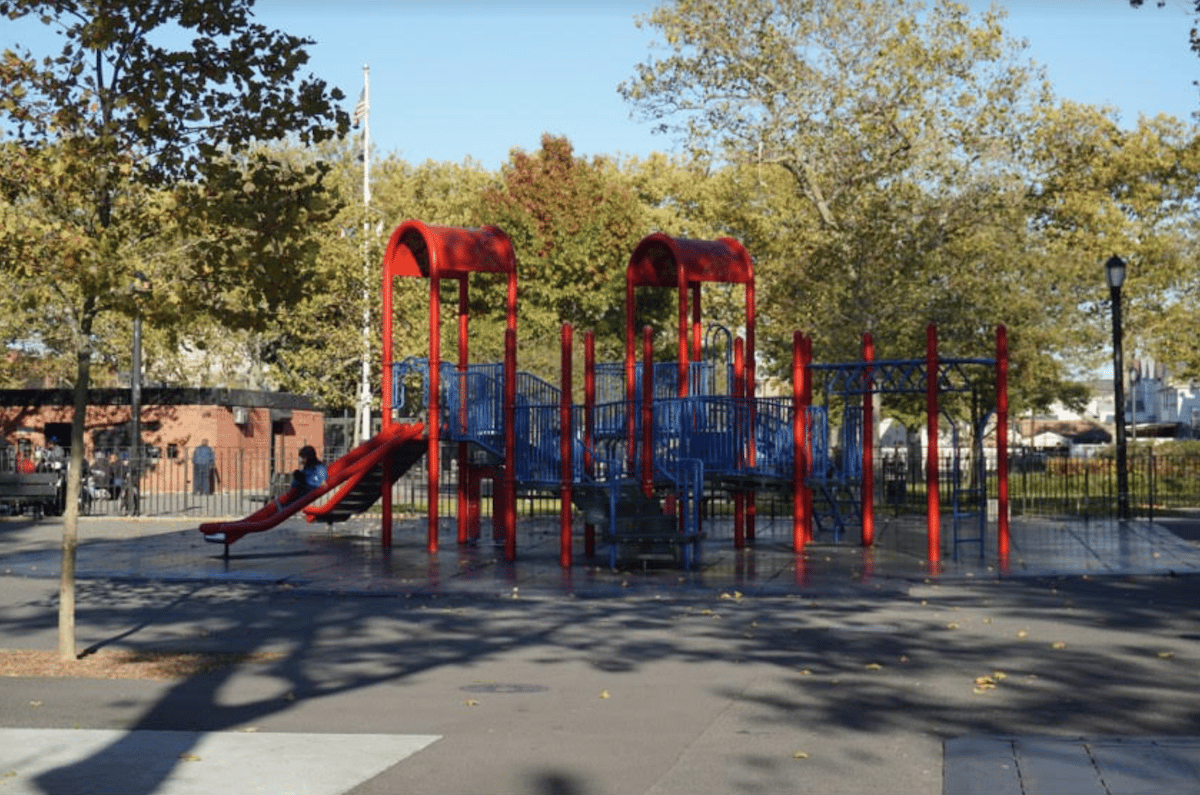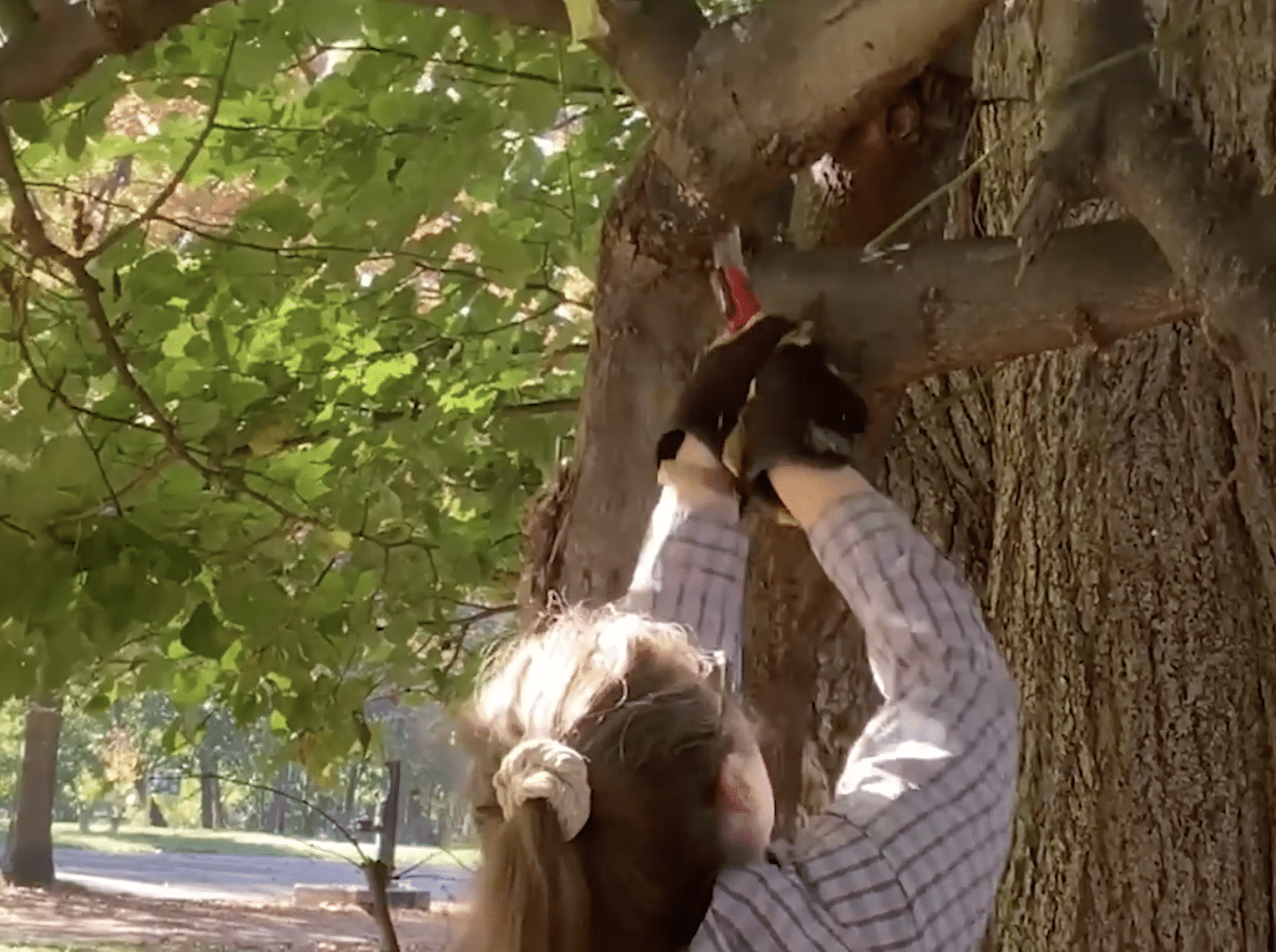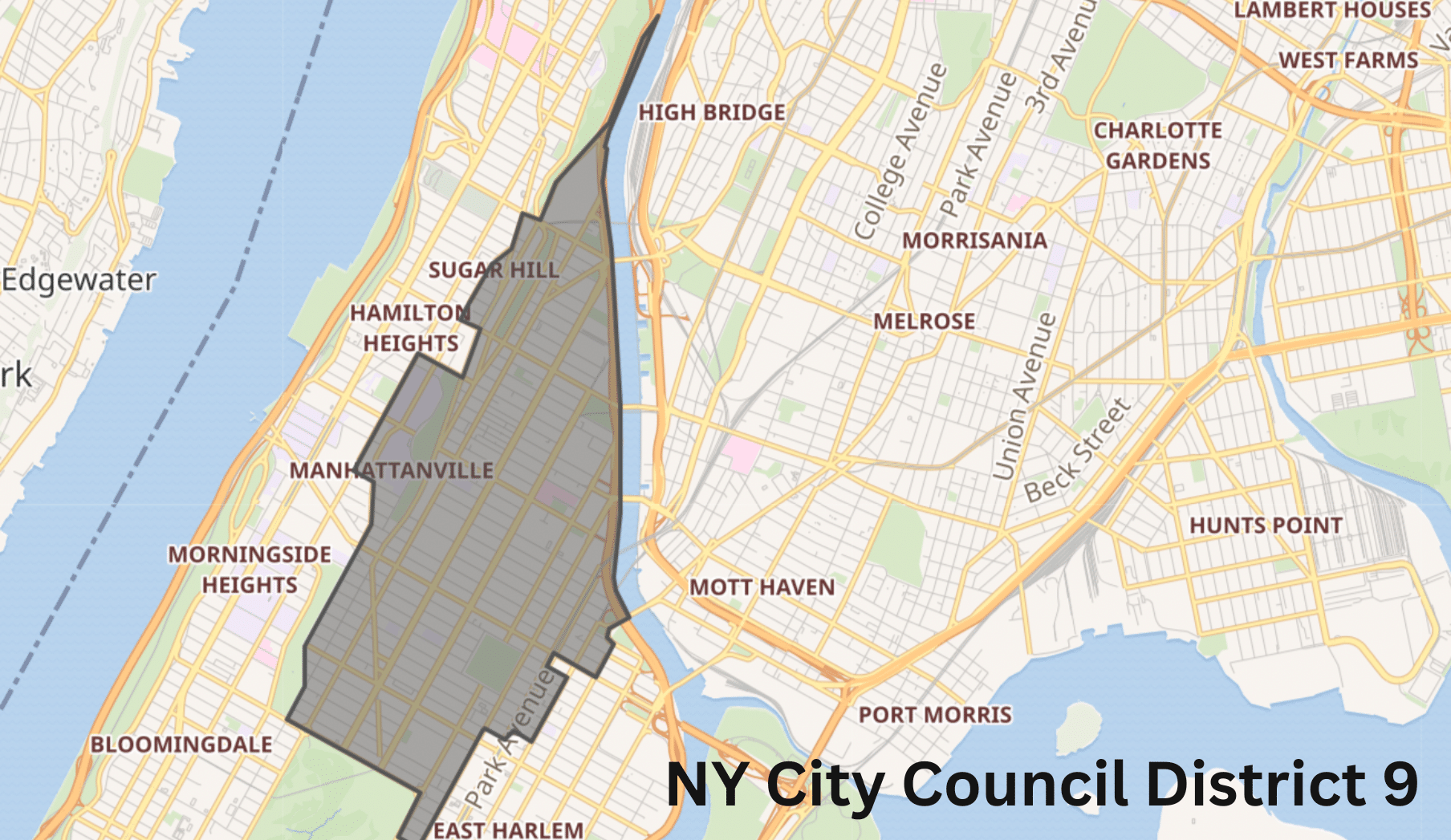Bear Image by DWilliam from Pixabay
MANHATTAN, New York
Sumaya Ramirez and her family opened their home in Washington Heights to provide solace and care to unaccompanied migrant children. “I love children, and this was my chance to help out as many as I could,” she said. The 48-year-old Ramirez joined the Unaccompanied Minors Program started by Catholic Guardian Services to provide foster care to children mainly from Central and Latin America. Ramirez knows what it means to come to a new country and learn a new language. She left the Dominican Republic when she was eight years old and news stories touched her. “I kept seeing on the news kids crossing the border without a parent or a guardian to look after them.” “It was heartbreaking to see,” Ramirez said.
More than 83,000 children entered the United States, as of September 2023, fleeing gang violence, government instability, and climate change, according to UNICEF. Many of the children in the Unaccompanied Minors Program are under eleven. The program started in 2014 and places children in foster homes until they are safely returned to their parents in the U.S. or their home countries. It provides access to healthcare services, education, and trauma-informed counseling services.
Sumaya Ramirez sees this program as an opportunity to make a difference. For more than nine years, Ramirez and her daughter Ayanna, now 23-year-old, have shared their three-bedroom apartment temporarily with more than 120 boys and girls ranging from six months to 16 years old. Ayanna inspired her.“It broke my heart to see these kids who are the same age my daughter once was, going through so much pain and struggle on their own,” she said.
Children who come to her home often find it challenging to settle in.“It can be very intimidating at first for the children,” Ramirez said.“ But they build up the courage and then get accustomed to my daughter and me.” In the last couple of years, more girls than boys been assigned to her home. “The girls that come to live here have very dark pasts. “Most of them are sexually or physically abused by family members or even their fathers.”
Ramirez works hard to ensure each child is treated as an individual. “I try to create an ambient space where the child feels comfortable.” The program offers the foster parents a set list of rules they must follow, but the parents can add their own. Her daughter Ayanna also must follow the rules.
She takes precautions to ensure the safety of her family and the foster children. “No men are living in this house. I talk to the girls beforehand whenever a male family member or friend comes to the house.” Ramirez said. “They can tell me if they feel uncomfortable having a male present, I will listen to them. She installed alarms and cameras at her front door for added security.
The program offers her regular support to equip her to provide basic care for the children and she takes mandatory classes. “Every month, I do up to 40 hours of training,” she explains, “We cover a range of important topics regarding mental health, suicide prevention, sexual abuse, and racial trauma.” She’ll lose her license if she doesn’t attend these sessions. “It is hard to prepare yourself for the type of trauma these kids have faced,” she said. “No matter how many training sessions I complete, I don’t think I will be as equipped as their therapists are.”
In our interview, Ramirez recounted challenging and frightening moments.“I had one girl who would experience hallucinations because of the trauma she faced back home,” she explained. “It got to a point where all the sharp objects including knives and scissors, had to be hidden in my home. I was in constant fear for the safety of my daughter and me.”
While she gets a stipend of $100 for each child to pay for clothing, food, and leisure activities, she often pays out of pocket. “Every 30 days I will get a check, but sometimes, it won’t arrive until the following month or until after the child leaves.”
Despite this, the rewards make up for the financial and emotional burden. “Many of the children are extremely grateful during and after their stay,” she beams. “That’s why I do it, to see the happy look on their faces.” The children often leave appreciative hand-written letters and drawings. Her neighbors see how she works with the children and praise her for her good work.
“Sumaya es un ángel. Ella brinda su corazón y su hogar a estos niños necesitados, ofreciéndoles amor y seguridad.” (Sumaya is an angel. She provides her heart and home to these children in need, offering them love and security), said Luciana Martinez.
Another neighbor, Carlos De Luna, recalls, “During the summer, her foster children would play with my girls outside the steps of our building.” De Luna, the father of six-year-old and nine-year-old girls said, “They come here with a lot of trauma. It’s nice that Sumaya provides them with a place to feel safe and play around like kids are supposed to do without having to worry about facing any danger.”
Being a temporary parent to these children comes with a special benefit to Ramirez. She said, “It is a rewarding experience if you truly want to help.”
To become a foster parent for Catholic Guardian Services (CGS), you can contact them by email at FPRecruit@catholicguardian.org or by phone at (718) 228-1515. You can also fill out this contact form on their website. https://www.cgsfostercare.org/en/contact-us
Tags: Catholic Guardian Services foster care for migrant girls Sumaya Ramirez Unaccompanied Minors Program






